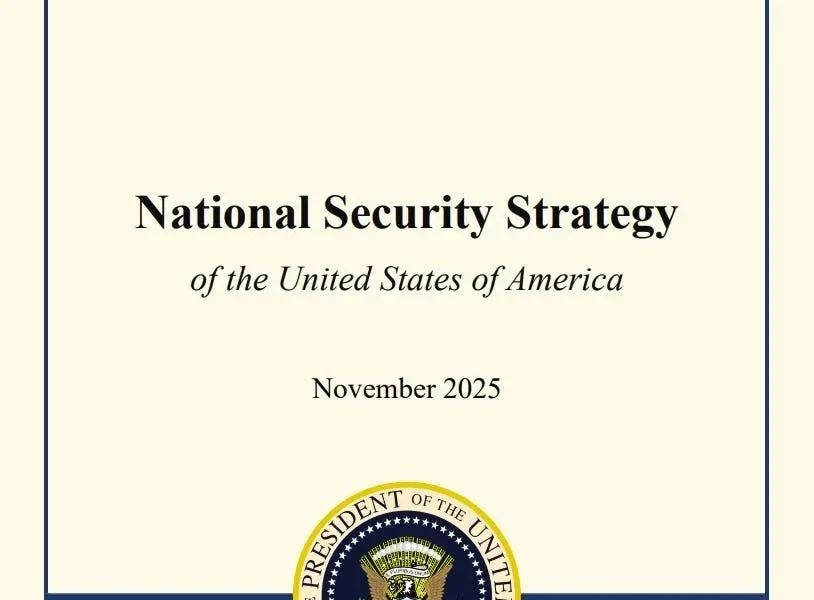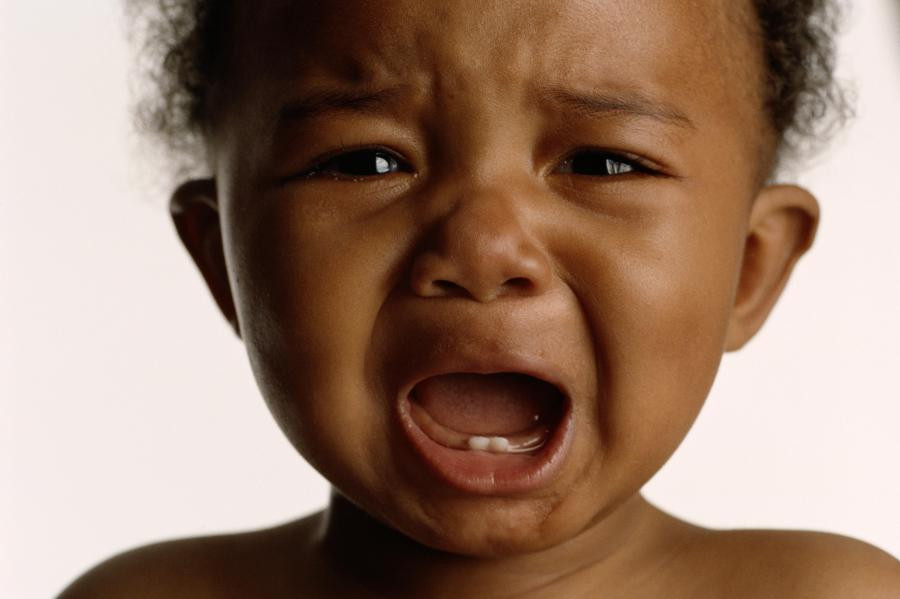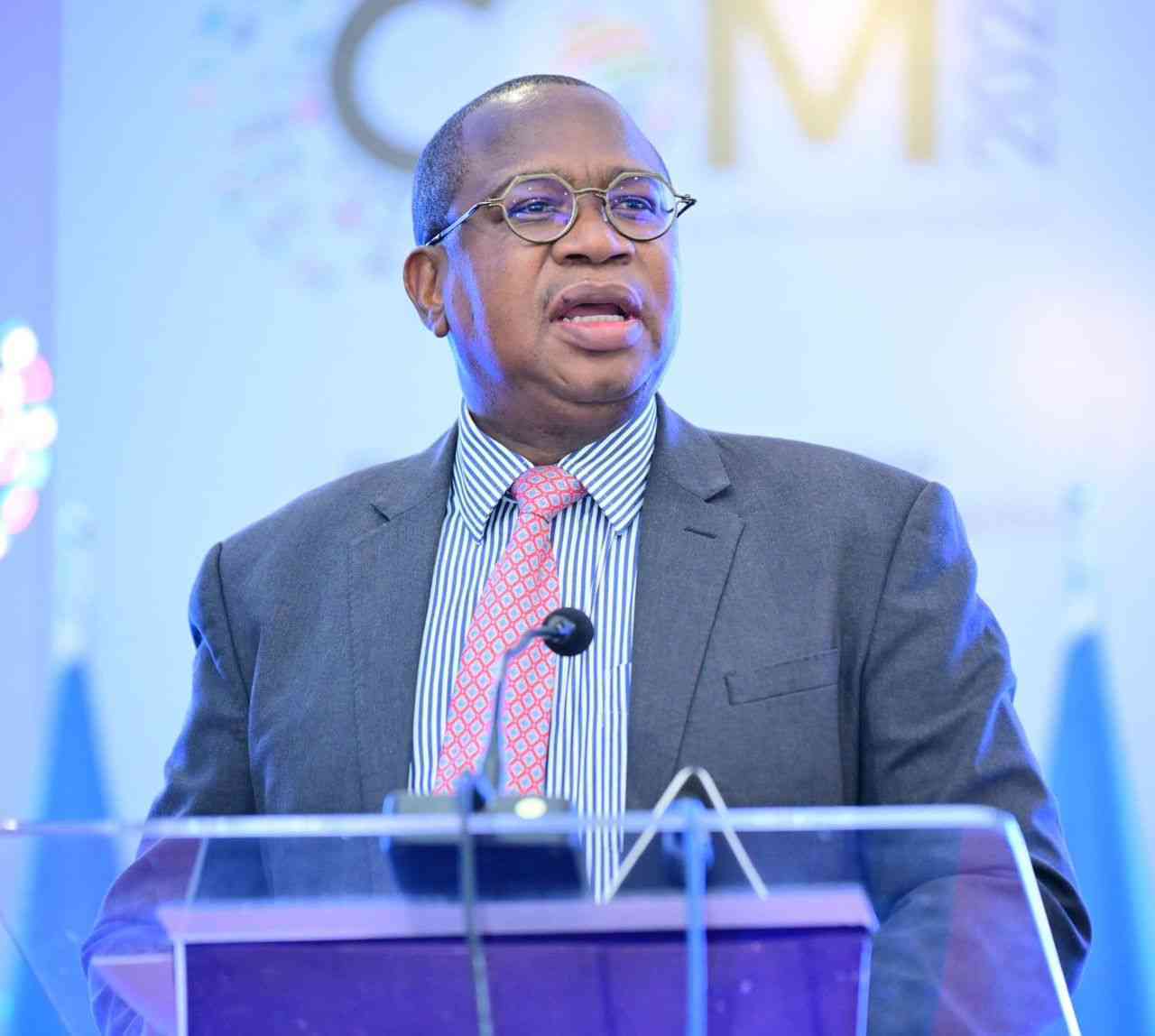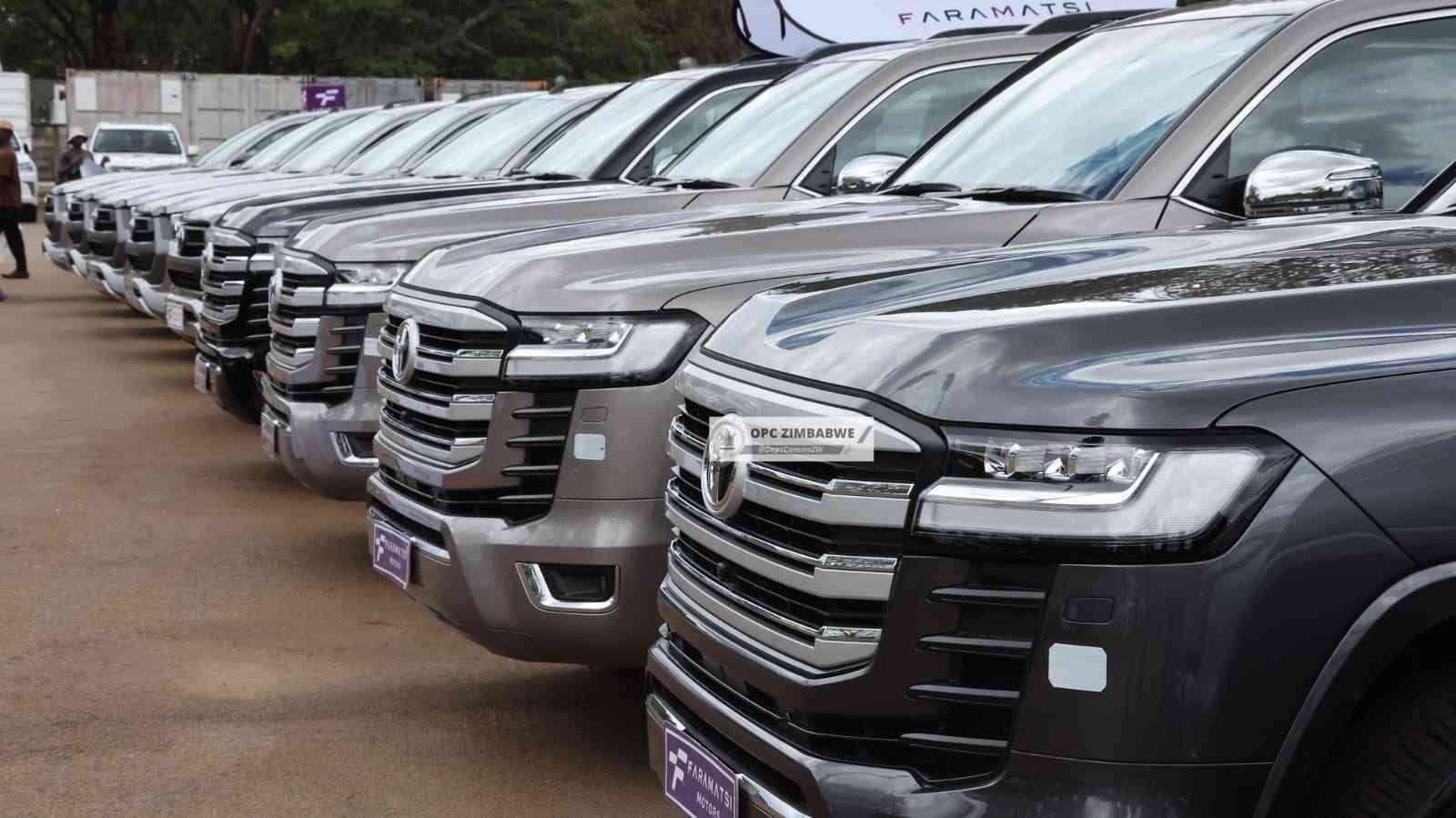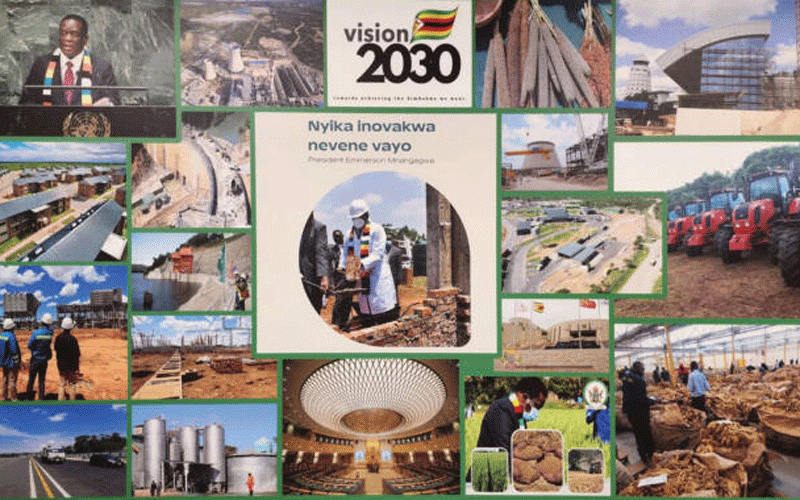
President Emmerson Mnangagwa, who is also the Sadc chairman has such migraine challenges around and ahead of his leadership into 2030.
There are a plethora of questions surrounding myriad of social, economic, political and environmental challenges in Zimbabwe and in the region as a whole.
His 2030 vision must cascade down to the whole of Sadc region so that a number of problems can be highly solved without any debilitating draw-backs.
His legacy bound arises from his success in office. His history and great work is a result of reflections on what made vision 2020 fail to touch the earth.
Zimbabwe has had quite a number of plans, strategies and vision initiatives.
One good failed to reach is Vision 2020 spoken of around early 80’s, the Structural Adjustment Programme, Zambezi water-pipe-line and the decade old command agriculture.
In order for people to believe the President’s 2030 vision, his reflections must resonate on explanation of what might have been the problem with failed visions under the leadership of the late Robert Mugabe from 1980 to 2017.
Vision 2020 squandered financial resources in plans yet it never brought not a single drop of success. The President has to venture on this as he moves down vision 2030 street .
- Mr President, you missed the opportunity to be the veritable voice of conscience
- ED to commission new-look border post
- Zanu PF ready for congress
- EU slams Zim over delayed reforms
Keep Reading
Vision 2020 was made impossible by factors which stand unto this day. These are areas of black rocks the president must take grip and focus on, do corrections for the good of the nation. Vision 2030 was dwindled by economic and political factors.
Vision 2030 faces old and new emerging challenges. Such challenges must be looked at first in a broader spectrum.
In short to say, the country failed the past vision and plans. It had fallen into economic blues, into doldrums and pit-falls of failure.
Vision 2030 must be separated from the past pitfalls related to economic blueprints which never came to light.
This is the Economic Structural Adjustment Programme. Failure of the afore-said blueprint reversed gains expected of Vision 2020.
It is therefore imperative for the president to work on introspective national economic budgets.
Such an accountable move must be chaperoned by national accountability assessment indicators. These are indicative arrows which must in some way point where errors in what we do are. Where corrections are needed they must be made.
At the same time national transparency and visionary initiatives must bring to the centre what needs to be done, what are the problems and challenges? Where is the opaque side of the story of economic development? Transparency removes out spotted dots of dirty, scars and what is not acceptable.
Mnangagwa although he has never been implicated in corrupt scandals since, he knows where Things Fall Apart’’ in this country.
During the time vision 2020 was under practice, plan-track and drive through dust and stones, Kumbirai Kangai who was appointed to minister Agriculture sold hefty tonnes of maize to Malawi leaving granaries with less much for Zimbabweans in 1990.
This scandal gave Kangai the worst mismanaged position automatically leaving him out of ministerial space and position. Tobias Takavarasha, permanent secretary by then in the Agriculture Ministry appeared in court regarding the case.
Corruption towards economic downfall is one area that the president needs to look at critically with new advice towards new policies and stringent laws meant to punish and imprison those found guilty.
If Zimbabwe was like China in its strict laws to punish on corrupt activities, one day corruption could have gone
Asian countries have reached higher levels becoming fastest growing economies, leading in top ten globally because they have taken heavy stance on corruption.
Owing attention to long stretched history of corruption, Zimbabwe by no doubt may be much praised for accountability, transparency and credibility.
Besides looking and taking stance and censorious measures like Asian countries, Zimbabwe can have its own Afro-centric ways of eradicating corruption. These can be measures bent on increasing current penalties.
One most detrimental challenge ahead of Vision 2030
One disturbing problem is Zimbabwe does not treat corrupt people at the same level. Very influential people found corrupt are left out of the dock.
Sometimes you find that those close to the case suffer the pain. At most these are protected by very top people.
One good example is the one of Henrietta Rushwaya who was caught at Robert Mugabe Airport with gold that had mass of 5kg.
Some cases go under carpets, a problem that will continue to block future success of programmes mean to bring to us vision and national light towards economic development.
There are round ball cases some still at large committed by Zanu PF members and supporters.
A number of these scandals and those involved have devoured massive sums of money. It is there-fore advisable to take Mnangagwa for awareness on accountability on the losses of grant corruption.
For accountability sake it is vital and accountably worth-while to take stock and audit of which section of society, political party was corrupt most and how much has been misappropriated, when and how.
Zanu PF would, however, lead in such accountable search-forth investigations.
This then tells us that the President has that arduous task to get rid of who is who in scandals.
Mnangagwa as Sadc must act well and accordingly to get into his pocket as well to make every cent accountable.
This tells more of his family if ever involved, those of close allies and fellow Zanu PF bigwigs must be held accountable through tough sentence.
Besides all I have put on table there is much left behind open knowledge.
The question of justice taking wrong accused persons to be on the right side.
In many countries struggling to institute democracy, code of human rights and taking course of justice and legal rights , the so-called big-wigs , affluent people do not face perfect judgments in courts.
To an extent this is such a big problem that has failed to restore sanity and eliminate corruption.
In the adversity of climate-change, food-security remains critical component to reckon with.
El Nino has done more harm on top of economic challenges African countries face.
Zimbabwe is one such example
There are other sectors to look at top of the charts such as health and education. There are sectors to take a look at such as agriculture, mining, manufacturing industry and tourism.
Mnangagwa must have made it clear to point out on our goals as a nation.
There areas where we have lacked behind for some time.
Therefore as a country, it is important to target sectors we want to take more action on and win by end of day.
People always mislead themselves sometimes. If they look at road infrastructural development, an answer towards vision achievement can be erroneously given.
The question then is , how will the nation realize this vision.
The current government will never admit failure because they are satisfied with what they have gained. It is the people to make conclusions regarding how the vision is realised in victory.
- Mpofu is a journalist and academic - [email protected]
- These weekly articles published are coordinated by Lovemore Kadenge, an independent consultant, managing consultant of Zawale Consultants (Private) Limited, past president of the Zimbabwe Economics Society and past president of the Chartered Governance & Accountancy Institute in Zimbabwe. Email – [email protected] or Mobile No. +263 772 382 852

